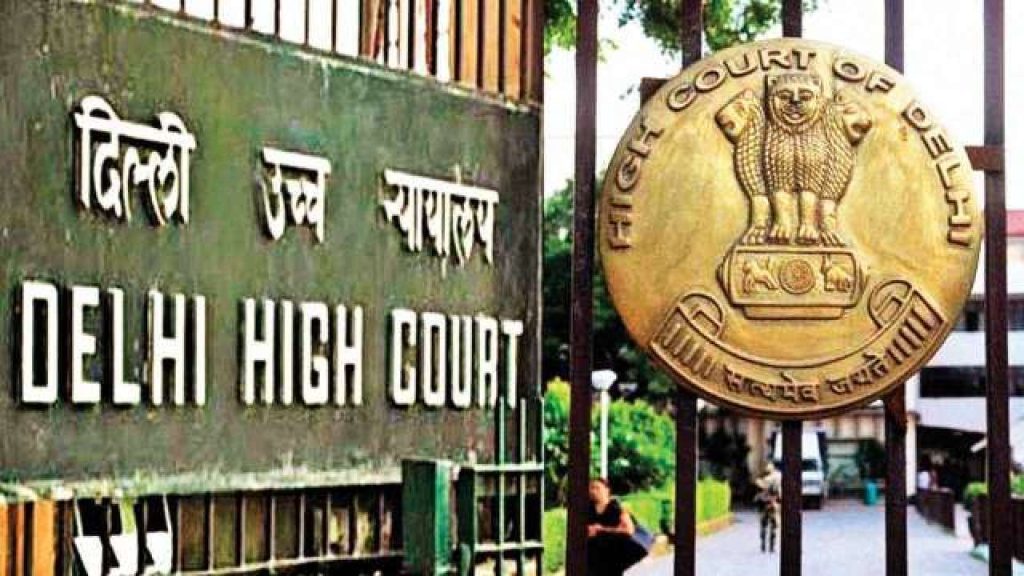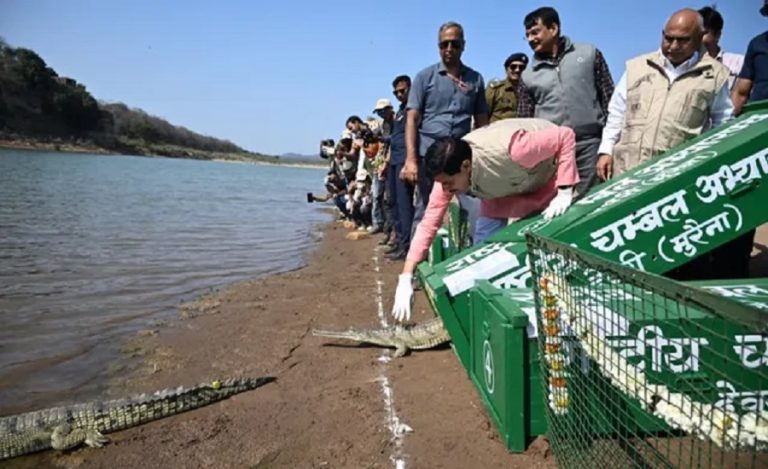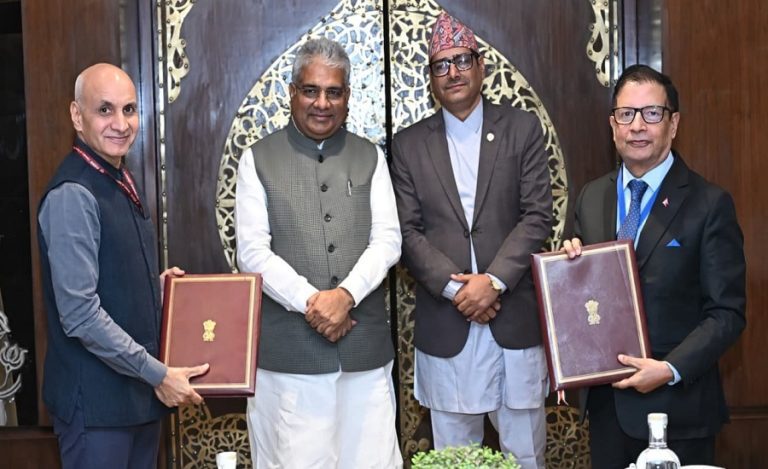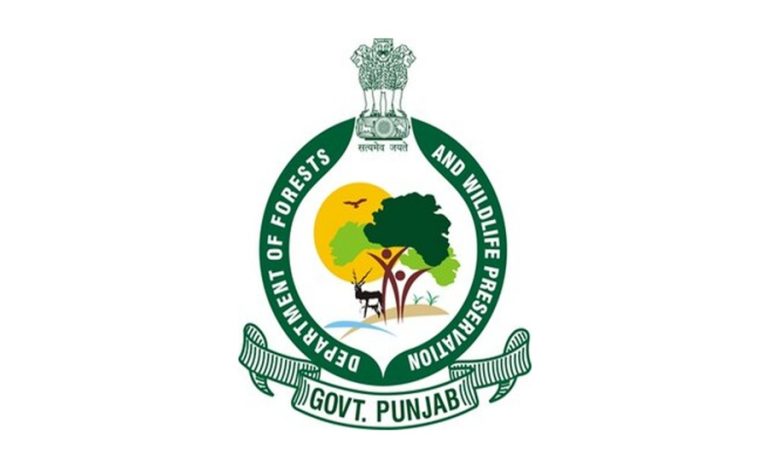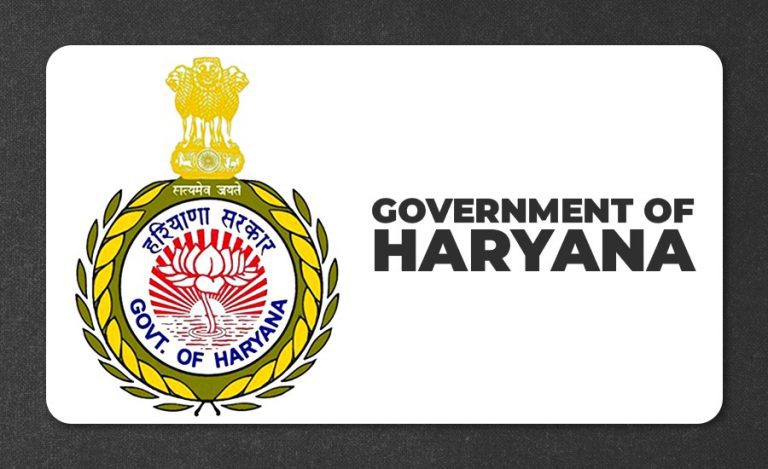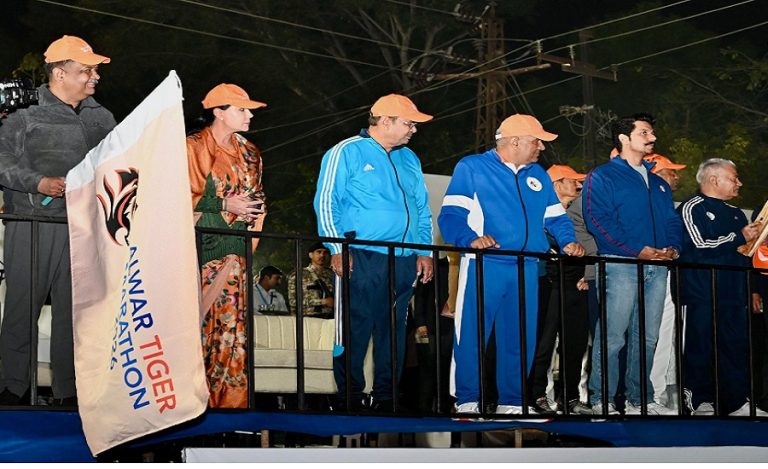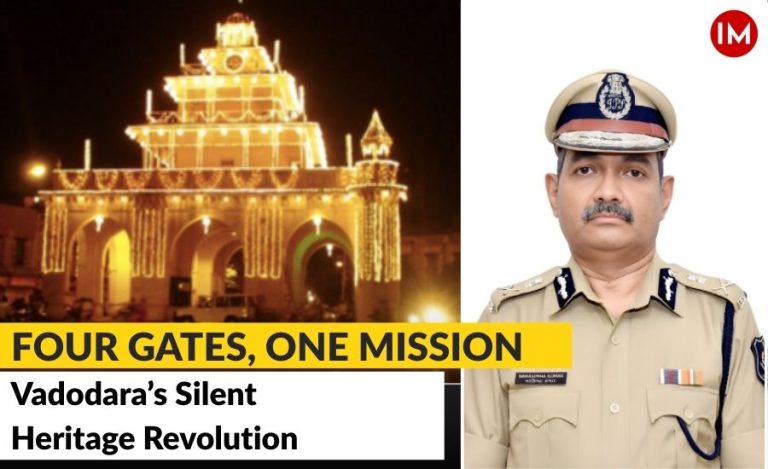The Delhi High Court has issued a notice to Indian Forest Service (IFS) officer Sanjeev Chaturvedi, seeking his response to a plea by the Central Bureau of Investigation (CBI) challenging an order that directed the agency to provide information under the Right to Information (RTI) Act. This information pertains to alleged corruption at the AIIMS trauma center.
The bench, comprising Acting Chief Justice Manmohan and Justice Manmeet P.S. Arora, has asked Chaturvedi, the former Chief Vigilance Officer (CVO) of AIIMS, Delhi, to file a counter affidavit within four weeks. The court has scheduled the next hearing for July 29.
The case revolves around the CBI’s appeal against a January 30 order from a single judge. This order upheld the Central Information Commission’s (CIC) November 2019 decision, which instructed the CBI to provide certain details to Chaturvedi regarding alleged corrupt practices in the procurement of disinfectant and fogging solutions for the Jai Prakash Narayan Apex Trauma Centre at AIIMS.
Chaturvedi, during his tenure as CVO, had reported these allegations and later sought related investigation documents from the CBI. After the agency refused to disclose the information, he approached the CIC, which then ordered the CBI to comply. The CBI subsequently challenged this directive in the high court.
The single judge’s ruling asserted that the CBI is not entirely exempt from the RTI Act, particularly in cases involving corruption or human rights violations, as per Section 24 of the Act. This section lists organizations exempt from the RTI Act but permits disclosures in cases of corruption and human rights issues.
The high court noted that there was no evidence to suggest that disclosing information about the alleged malpractice at AIIMS would endanger the lives of officers or compromise other investigations. However, the CBI contends that Section 24 serves as a complete bar against such disclosures, arguing that revealing details of their investigations would compromise the confidentiality crucial to their operations, potentially endanger informants, and impede the investigation process.
The CBI’s counsel emphasized that disclosing investigation details could undermine public interest by exposing sensitive information and deterring informants. The appeal argues that public disclosure might allow alleged perpetrators to tamper with evidence and influence witnesses.
While the single judge acknowledged that the CBI could refuse information requests if the investigation’s sensitivity warranted it, the CBI maintains that the RTI Act’s provisions should entirely exempt it from disclosing such information to protect the integrity of its investigations.
As the Delhi High Court prepares for the next hearing, the legal battle underscores the tension between transparency and confidentiality in anti-corruption investigations.

